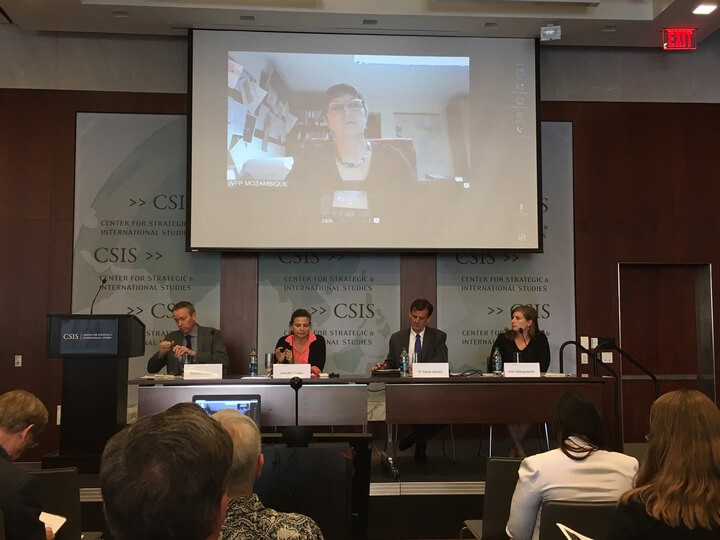WASHINGTON – U.S. and other foreign aid to southern Africa, which is suffering from food scarcity after the El Niño cycle last year, will not solve the region’s crisis unless effective governments are in put in place, a federal official and scholars said Tuesday.
“Getting this El Niño response right, not only from a humanitarian perspective but from a resilience and governing perspective, is actually quite critical not just for [local governments] but for all of us as global actors,” according to R. David Harden, assistant administrator of the USAID Bureau for Democracy, Conflict and Humanitarian Assistance.
Food scarcity has increased in southern African countries because of a drought brought upon by the El Niño cycle, according to a report released Tuesday by the Center for Strategic and International Studies.
“El Niño caused the rain to fail at a critical point,” said report author Richard Downie, deputy director of the CSIS Africa Program. “Even those who do have cash to spend are finding very, very high prices in buying foodstuffs at the market.”
According to the report, approximately 40 million people in the southern African region need food assistance because of a drought brought upon by El Niño, with 10 out of 15 Southern African Development Community nations having appealed for humanitarian assistance.
Harden said the drought and resulting food shortage is a “political, economic and social shock” to the region that aggravated pre-existing structural issues.
The United States has been the most generous donor to the region’s crisis thus far, Downie said. The report cited more than $300 million in pledged aid from the U.S., but estimated the total overall need in the region at $2.7 billion.
The drought and food crisis have caused a chain reaction of other problems in southern African countries, said Ute Meir, deputy country director for the World Food Programme in Mozambique. She said the drought “reveals a lot of underlying problems and structural challenges” in southern Africa, and particularly in her country, where there are high rates of acute malnutrition and school dropouts.


